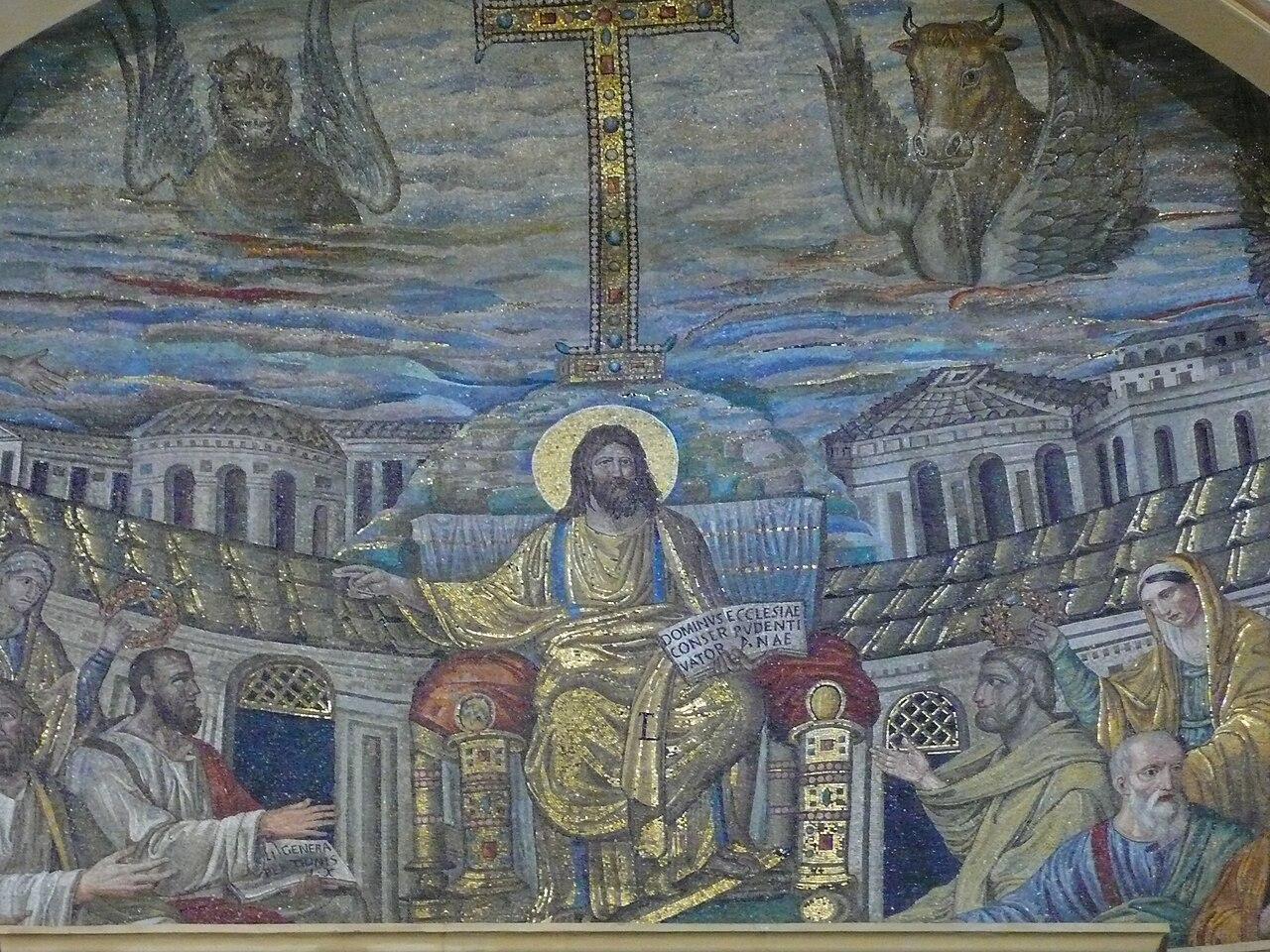Recent Discovery Could Offer Some More Clues About Jesus’ Childhood
For centuries, the childhood of Jesus has remained one of the biggest mysteries in biblical history. While canonical Gospels provide limited details, recent discoveries of ancient texts offer new insights.
A papyrus fragment dating back to the 4th or 5th century CE has been found, providing fresh clues about Jesus’ early years.
The Gospel of Thomas: A Glimpse into Jesus' Youth
The Gospel of Thomas is an apocryphal text that includes stories about Jesus’ childhood. Unlike the canonical Gospels, it delves into his early miracles and daily life.

Source: J. Mark Bertrand/Flickr
This text, believed to originate around the 2nd century CE, offers a potential look at Jesus’ formative years.
Discovery at the Hamburg Library
A significant discovery was made at the Hamburg Carl von Ossietzky State and University Library. A fragment known by its inventory number “P.Hamb.Graec. 1011” was found.

Source: Freepik
This fragment, previously thought to be an everyday document, turned out to be part of the Gospel of Thomas.
Earliest Known Fragment
The newly discovered fragment is now the earliest known piece of the Gospel of Thomas, dating back to the 4th or 5th century CE.

Source: Freepik
Previously, the earliest version was a codex from the 11th century CE. This pushes back the known history of the text by several centuries.
Analyzing the Papyrus
The fragment measures roughly four inches by two inches and contains 13 lines of Greek text.

Source: PickPik
Papyrologists Lajos Berkes and Gabriel Nocchi Macedo identified it as part of the Gospel of Thomas after noticing the word “Jesus” and comparing it to other digitized papyri.
A Story of Miracles
The text includes the beginning of a story called the “vivification of the sparrows,” where Jesus molds sparrows from clay near a river.

Source: Wikimedia
This miracle is one of the earliest accounts of Jesus performing supernatural acts, providing a rare glimpse into his childhood.
Educational Exercise
The sloppy handwriting of the fragment suggests it may have been a student’s exercise in a school or monastery.

Source: Wikimedia
This theory highlights how these stories were not only told but also taught and copied by early Christian communities.
Significance for Research
The fragment’s discovery is of extraordinary interest for scholars.

Source: James Tissot/Wikipedia
As Berkes noted, “On the one hand, because we were able to date it to the 4th to 5th century, making it the earliest known copy. On the other hand, because we were able to gain new insights into the transmission of the text.”
Understanding Early Christian Narratives
This find shows the importance of apocryphal texts in understanding early Christian narratives.

Source: StockSnap/Pixabay
Although not technically part of the biblical canon, these stories provide valuable insights into the beliefs and traditions of early Christians.
A Broader Picture of Jesus' Life
While canonical Gospels offer limited details about Jesus’ childhood, the Gospel of Thomas fills in some gaps.

Source: Pixabay
This discovery allows us to piece together a more complete picture of Jesus’ early years, showing how these stories spread and evolved over time.
Impact on Biblical Scholarship
Interestingly, this new fragment challenges previous understandings of early Christian texts.

Source: Rod Long/Unsplash
It demonstrates that stories about Jesus’ childhood were written and circulated much earlier than previously thought, offering new perspectives for biblical scholars.
Future Research and Discoveries
The discovery of this fragment opens the door to further research and potential discoveries.

Source: The Library of Congress/Rawpixels
As more ancient texts are found and analyzed, our understanding of Jesus’ life and the development of early Christian literature will continue to evolve.
